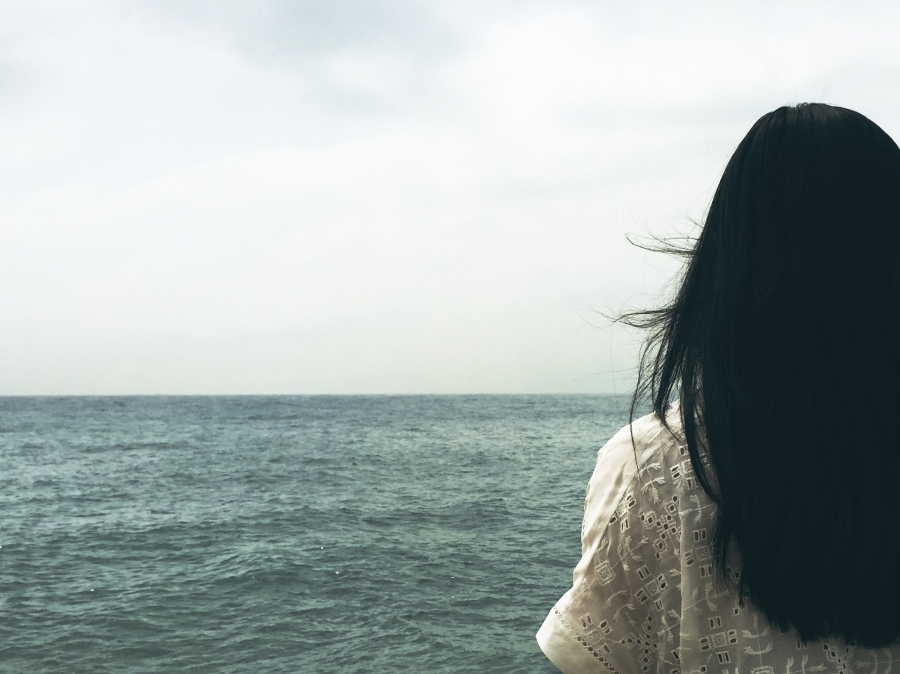It was important to me to say goodbye to my old body … taking a vow to wear my scars proudly.
After the second relapse of her ovarian cancer, my mom was diagnosed being a BRCA2 carrier, a genetic mutation that comes with a high risk of breast, ovarian and other types of cancer. I intuitively knew that I inherited her genes. Nevertheless, the confirmation shook me. By that time I was about a year into the official process of converting into Judaism. The decision to do my best to lower the highest risk—breast cancer—by undergoing a preventive double mastectomy came with the positive testing for BRCA2. Despite the support of all my doctors for my decision as the “best choice for life,” the year-long journey through hospital bureaucracies, health insurances and medical systems was a long, winding and sometimes painful process. What became, for myself and my best friend and partner, our personal fight accompanied us throughout my conversion that finally took place two days before Pesakh.
It was the incredible experience of this first visit to a mikveh, immersing into a new life, that made me wish to prepare similarly for the no less life-changing surgery. It was important to me to say goodbye to my old body, embracing the fate of being a BRCA2 carrier, express both gratitude for having this possibility to choose life and also the fears of the unknown medical procedure and its outcome, taking a vow to wear my scars proudly.

“As I stand here about to immerse in Your Living Waters, I express gratitude for the opportunity to prevent harm to my holy, beautiful body, even if that means having to muster the courage to cut away a part of it. Please, God, help me wear my scars like a badge of courage, a mark of wisdom, and a sign of Your protection.” These are words of prayer from the immersion ceremony that Rabbi Haviva Ner-David created for and with me. Both Rabbi Haviva and the mikveh she created offered a welcoming atmosphere worth traveling to Kibbutz Hannaton for. No stranger was around; the spiritual and physical room was ours only, allowing us to immerse into it. As my partner intonated Mizmor l’David (Psalm 23) for me, the water embraced me, and the moment was such that he almost lost his voice.
We left the mikveh many moments later in such a good feeling that a day after we went to the largest and purest of all mikva’ot—the ocean.
The ritual did not take away all my fears. But it allowed me to immerse into the transition, and the shared spiritual experience strengthened the bonding with my partner who carried me through.
Waking up from the surgery, my fears were replaced by relief and the deep understanding that this was the right thing to do and that I was ready for it. The scars will heal and the next immersion will be in the kavannah of gratitude, having chosen life, even if that means that a part of the old me has been removed and buried.





